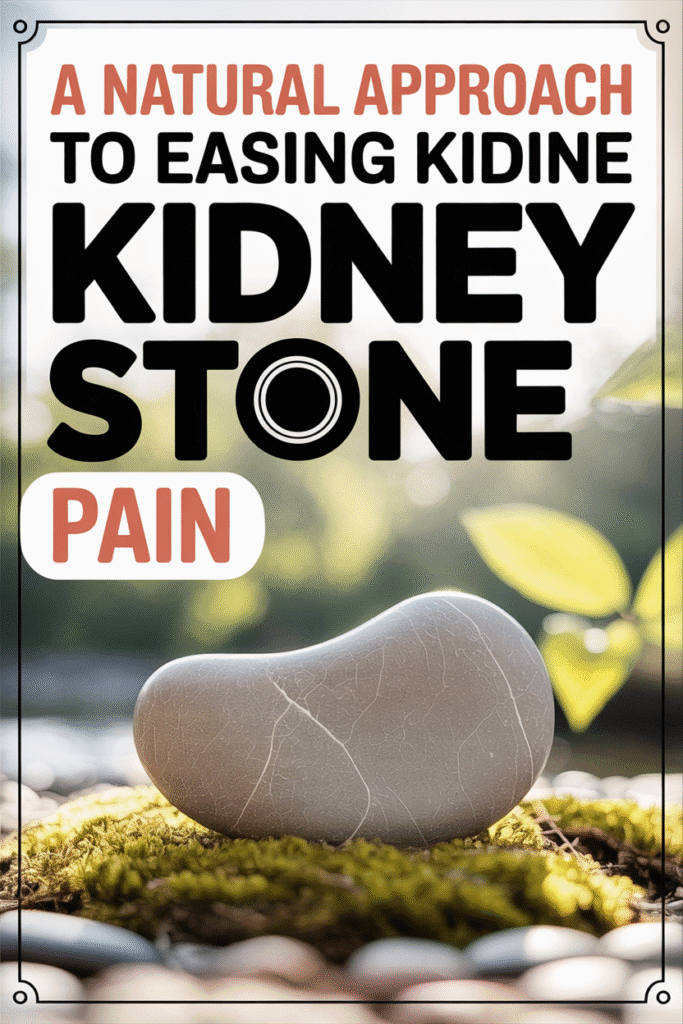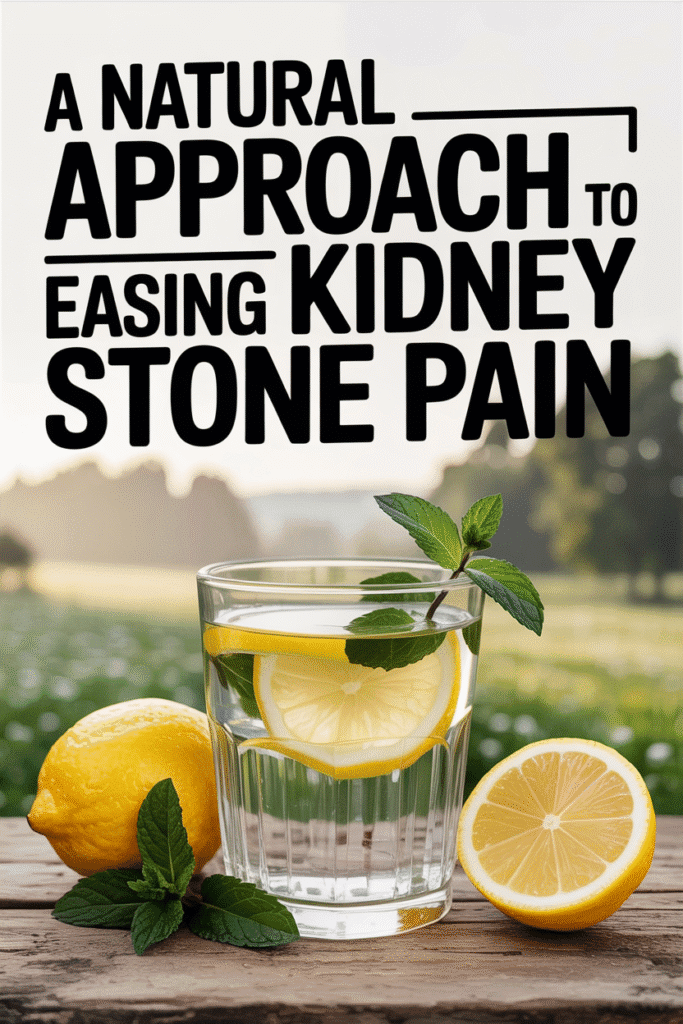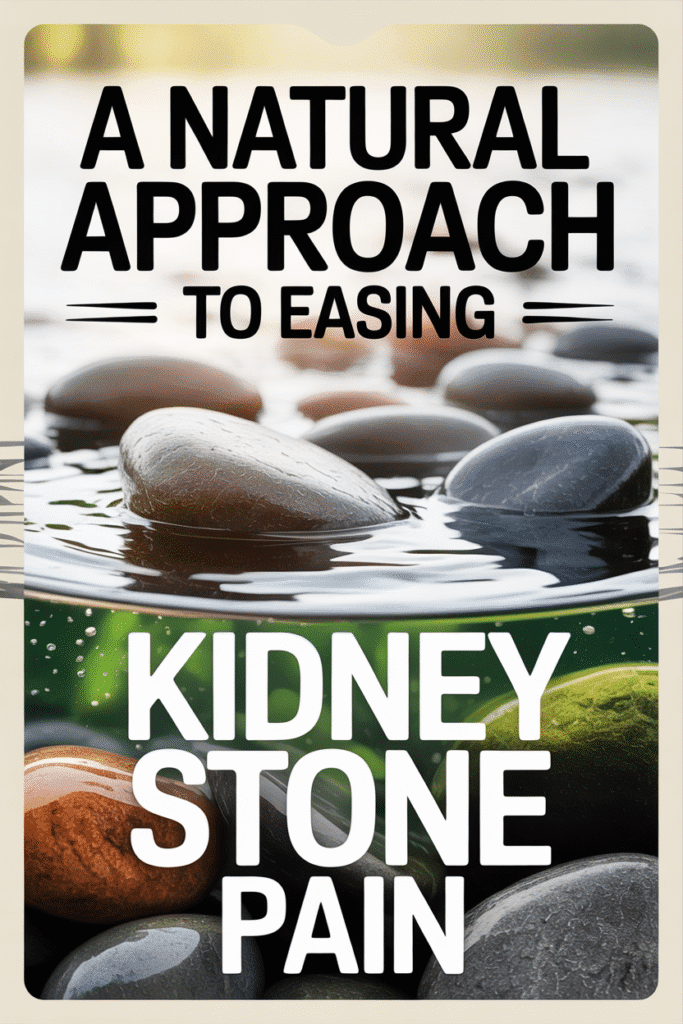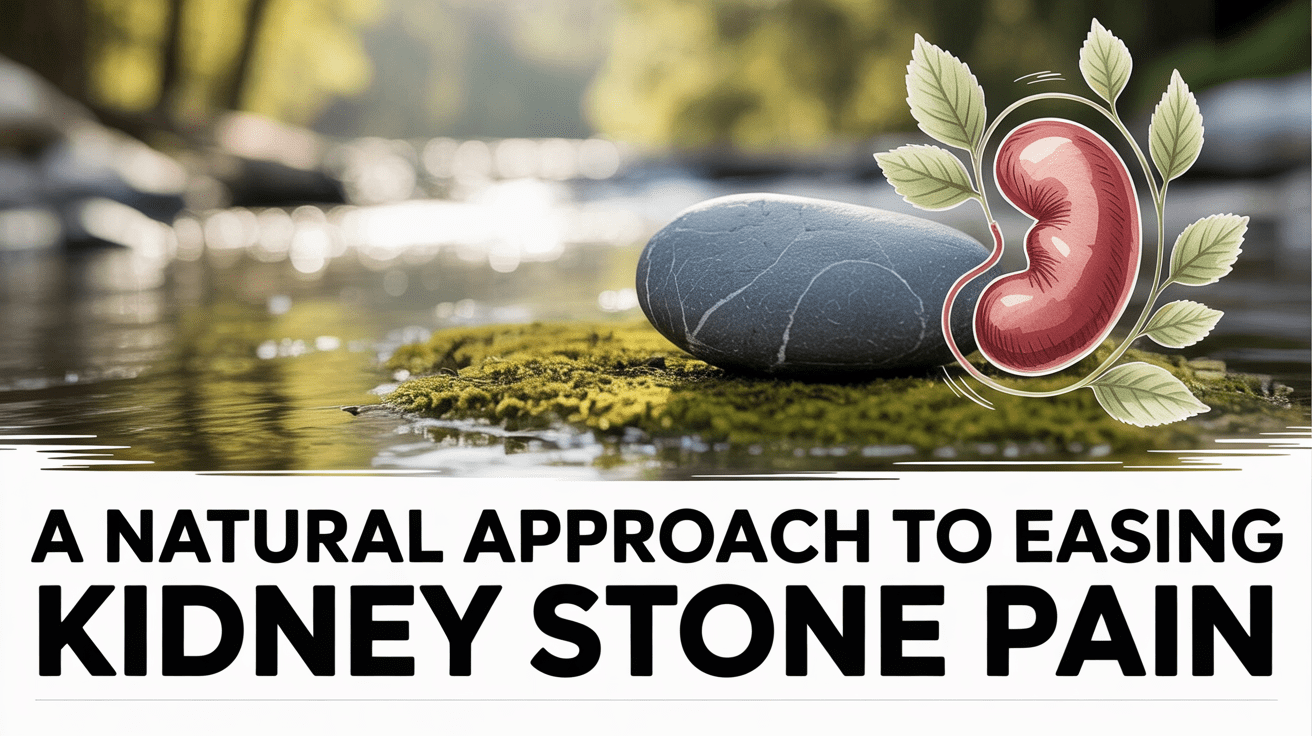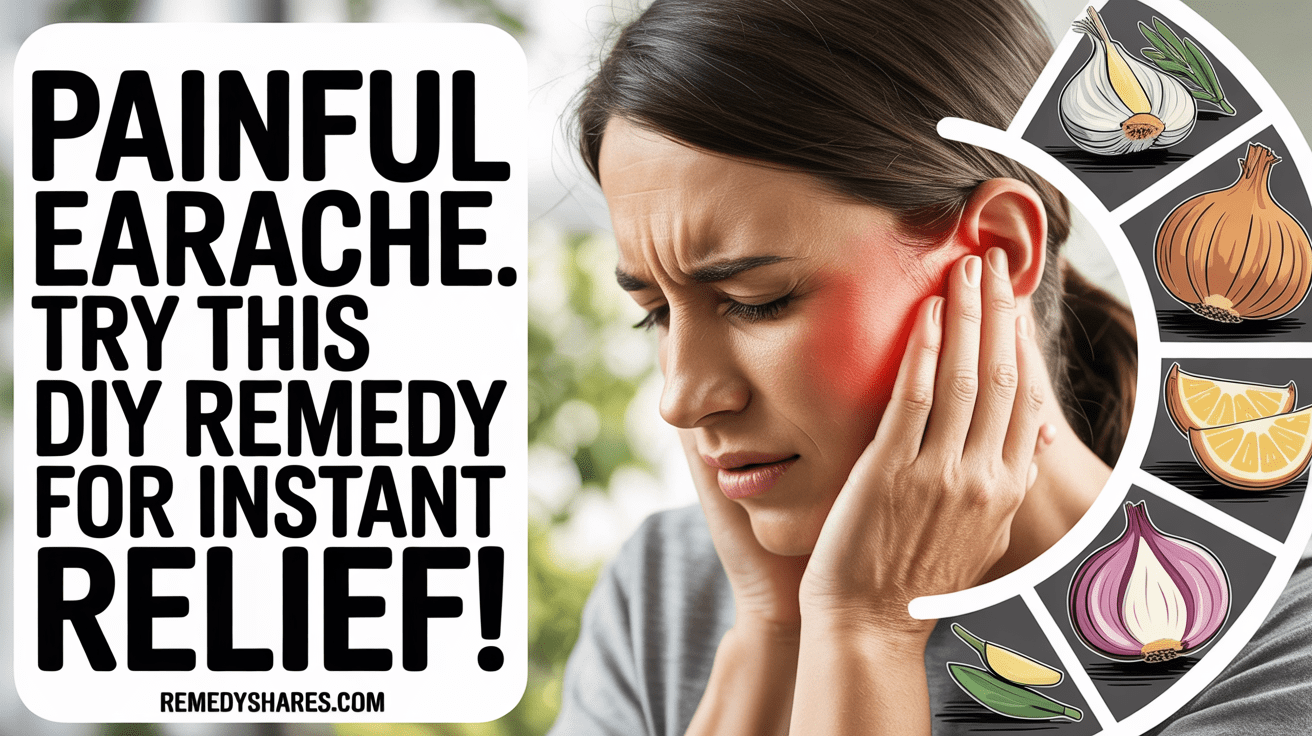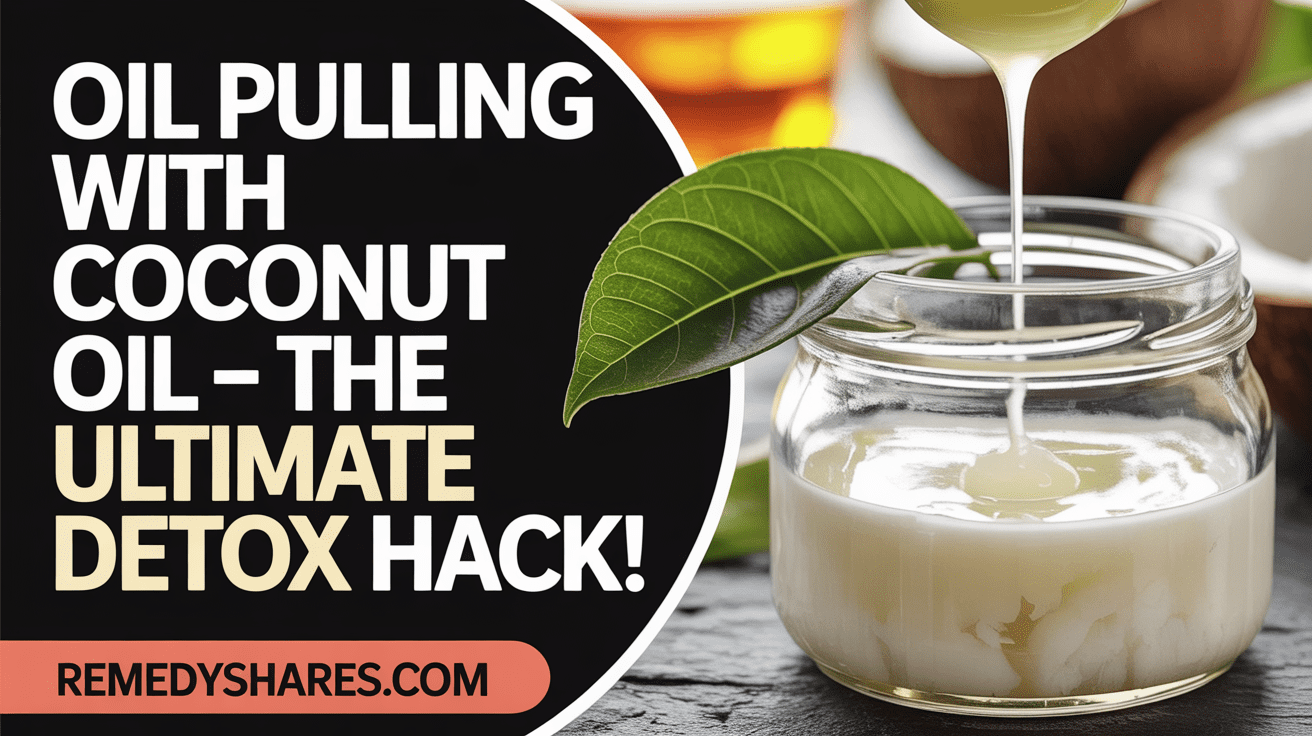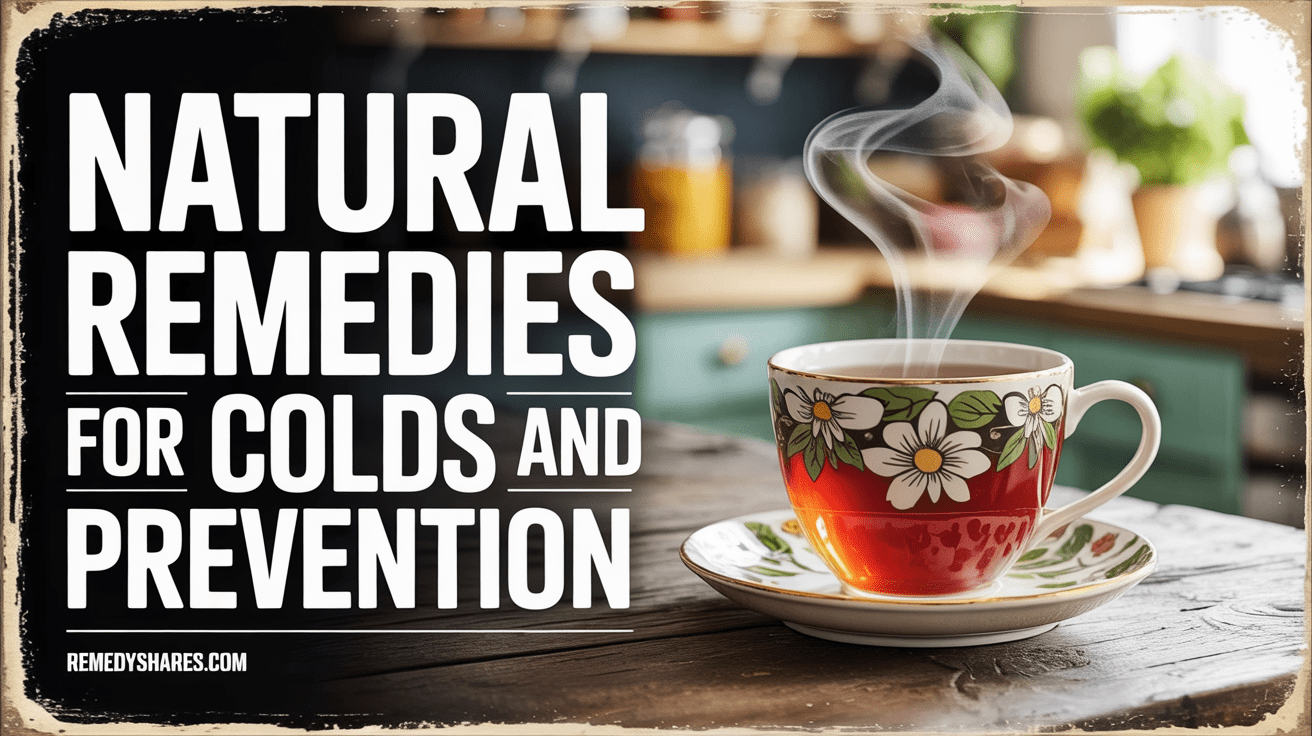Dealing with kidney stone pain can feel overwhelming, right? But did you know you can often find relief using simple natural methods? It’s true! By understanding what causes these pesky stones and how to leverage everyday ingredients, you can take proactive steps to feel better.
What Are Kidney Stones and Their Common Symptoms
So, what exactly are kidney stones? Think of them as hard little pebbles made from minerals and salts that form inside your kidneys. This happens when certain substances in your urine get really concentrated and clump together. They can cause some serious discomfort as they travel through your urinary tract.
You’ll often know something is up because you’ll experience sharp pain, typically starting in your back or side just below your ribs. This pain doesn’t always stay put; it might spread down to your lower abdomen and groin. It often comes in waves and can vary quite a bit in how bad it feels.
But the fun doesn’t stop there. You might also notice pain when you pee, or that your urine looks pink, red, or brown. Feeling sick to your stomach, throwing up, and needing to go to the bathroom constantly are also common. If you’re only passing small amounts of urine, feel like you always have to go, or spike a fever and chills, it’s definitely time to see a doctor.
Understanding the Root Causes of Kidney Stones
Knowing why kidney stones form is super helpful for stopping them from coming back. Essentially, they pop up when substances in your urine hit high concentrations and turn into crystals.
You’re more likely to face stones if you aren’t drinking enough water throughout the day. Eating a diet packed with sodium, animal protein, and oxalates can also increase your risk. Certain health issues like frequent urinary tract infections, gout, diabetes, or obesity can also make you more susceptible. And yep, your family history matters too – if close relatives have had them, your risk is higher. Even some long-term medications, like certain diuretics and calcium-based antacids, can play a role.
Natural Ingredients That Help
Ready for some natural allies? Several ingredients found right in nature show promise in helping break down and prevent kidney stones. A fantastic trio – lemon juice, apple cider vinegar, and olive oil – can work together specifically on calcium-based stones. The citric acid in lemons is especially good at breaking them down and helping prevent future ones.
Many people have also found relief using celery juice and pomegranate seeds, known for their ability to help dissolve stones. Basil tea isn’t just tasty; it supports kidney health and helps lower uric acid levels. And dandelion root? It’s a natural diuretic, helping to flush things out.
Adding magnesium-rich foods like pumpkin seeds and bananas to your diet is another smart move for preventing stone formation. Combine these natural helpers with drinking more water, and you’ve got a powerful strategy.
Step-by-Step Guide to a Simple Home Remedy
Want to try a specific remedy many folks turn to? It’s easy to whip up using just a few kitchen staples. Here’s what you’ll need: organic lemon juice, apple cider vinegar, olive oil, and raw honey.
Grab a glass and mix two tablespoons each of lemon juice and apple cider vinegar. Then, add one tablespoon of olive oil and a teaspoon of honey. Give it a really good stir until the honey is completely mixed in. For the best results, drink this remedy first thing in the morning before you eat anything. Follow it up with two cups of warm water. Plan to take this mix daily for two weeks, and be sure to keep drinking plenty of water all day long. If you make extra, store it in an airtight glass container in the fridge; it’s good for up to 48 hours.
Foods and Drinks to Support Your Healing
Your diet plays a huge role in recovery and prevention. Focus on foods and drinks that discourage crystal formation and help your body heal. Start by adding citrus fruits like lemons, oranges, and grapefruits to your daily meals. Their natural citrates can actually help dissolve existing stones and stop new ones from forming.
Make water your absolute best friend – aim for at least 12 glasses every single day. Load up on celery, cucumber, and watermelon too; they’re natural diuretics that help increase how much you pee, aiding the flushing process. Don’t forget magnesium-rich foods like pumpkin seeds, spinach, and black beans to help keep stones from forming. And yes, calcium-rich options like low-fat yogurt and kefir are fine! Just try pairing them with foods high in oxalates to help manage absorption. Making these changes really boosts your body’s natural ability to fight stones.
Lifestyle Changes for Long-Term Prevention
Preventing kidney stones from coming back is about more than just what you eat and drink. There are several lifestyle adjustments that can seriously lower your risk. These aren’t quick fixes; they’re about building habits for long-term kidney health.
Try to exercise regularly – hitting 30 minutes, five times a week helps maintain a healthy weight. Staying properly hydrated (think 8-12 cups daily) is key to preventing crystals from forming. Finding ways to manage stress, perhaps through meditation or yoga, can help prevent mineral imbalances. Keeping a health journal to track your progress can be helpful, as can connecting with others on a similar journey. Making sure you get enough sleep, limiting alcohol, and not smoking also strengthen your body’s defense systems.
When It’s Time to Call the Doctor
While many kidney stones eventually pass on their own, there are definite signs that you need immediate medical attention. Don’t wait to seek help if you’re experiencing severe pain that over-the-counter pain relievers just aren’t touching. A high fever and chills are also red flags, potentially indicating an infection.
If you’re dealing with persistent nausea and vomiting, get help fast, as this can lead to dangerous dehydration. And definitely head to the doctor if you notice blood in your urine or can’t urinate at all. These symptoms could mean the stone is blocking your urinary tract, which needs urgent treatment.
Frequently Asked Questions
Here are some common questions people have about kidney stones:
- Can I still exercise with kidney stones? You’ll want to take it easy. Stick to gentle activities like walking and skip high-impact moves that could make things worse or dangerously move the stone.
- How long does it take for a stone to pass? It varies. It might pass within 48 hours, but it could take up to six weeks. Most smaller stones (under 4mm) will pass through your system on their own.
- Is it safe to use natural remedies if I’m pregnant? Absolutely not without talking to your doctor first. What works for others might not be safe for you or your baby. Always get medical advice!
- Can children use these remedies? No, you should never give natural remedies to children for kidney stones without consulting a pediatrician. Kids need care specifically tailored to their needs.
- Does sexual activity affect kidney stone pain or passage? Good news here! Sexual activity usually won’t make your pain worse. In fact, it might even help stones pass by promoting muscle relaxation and acting as a natural pain reliever.
Taking care of your kidney health is a journey. By staying hydrated, making smart food choices, and incorporating these natural strategies, you’re empowering your body. Keep making healthy choices every day!
